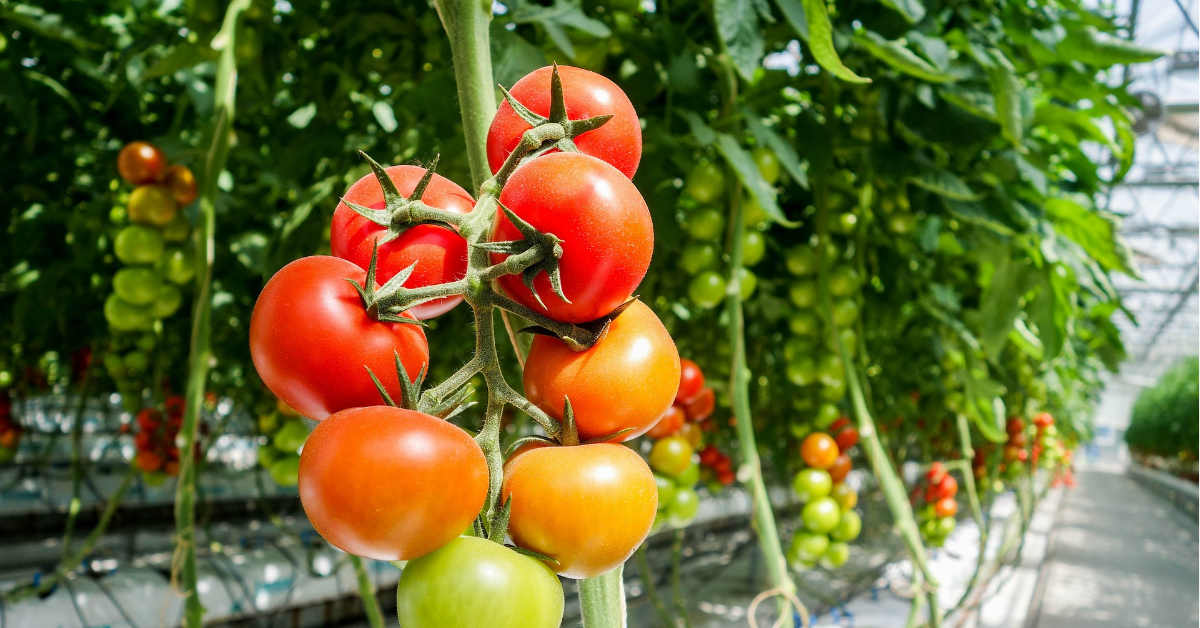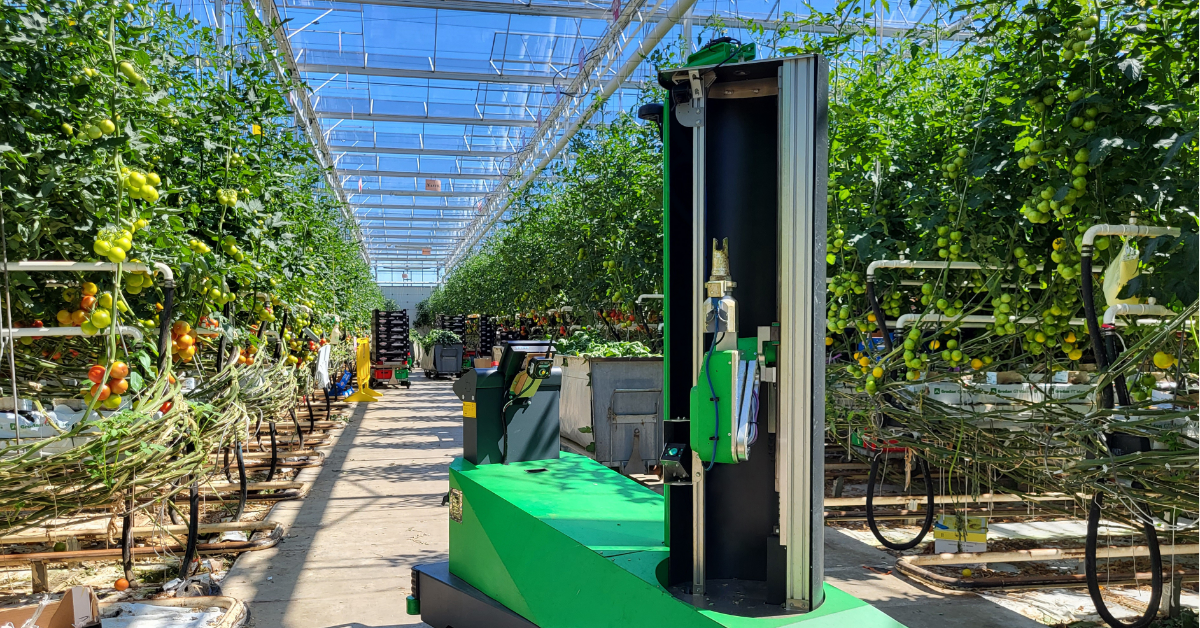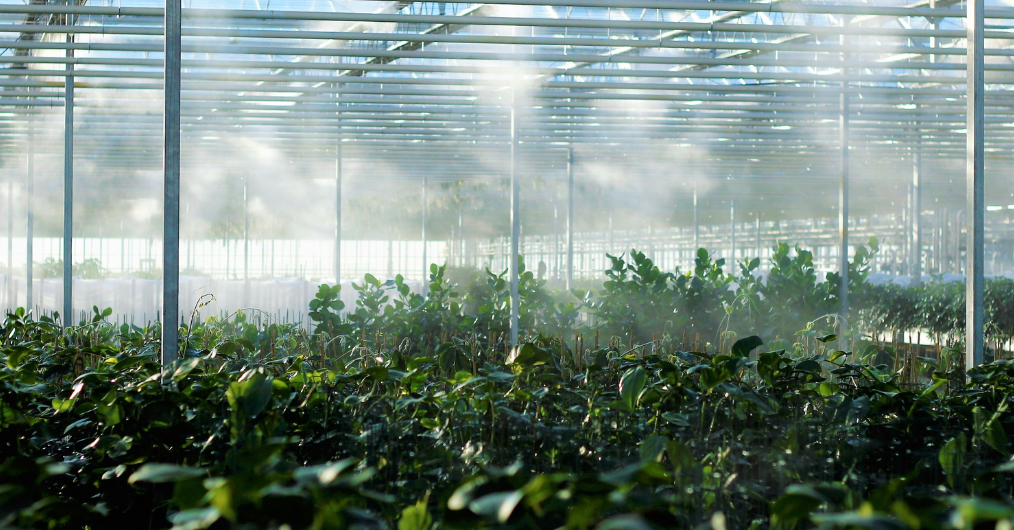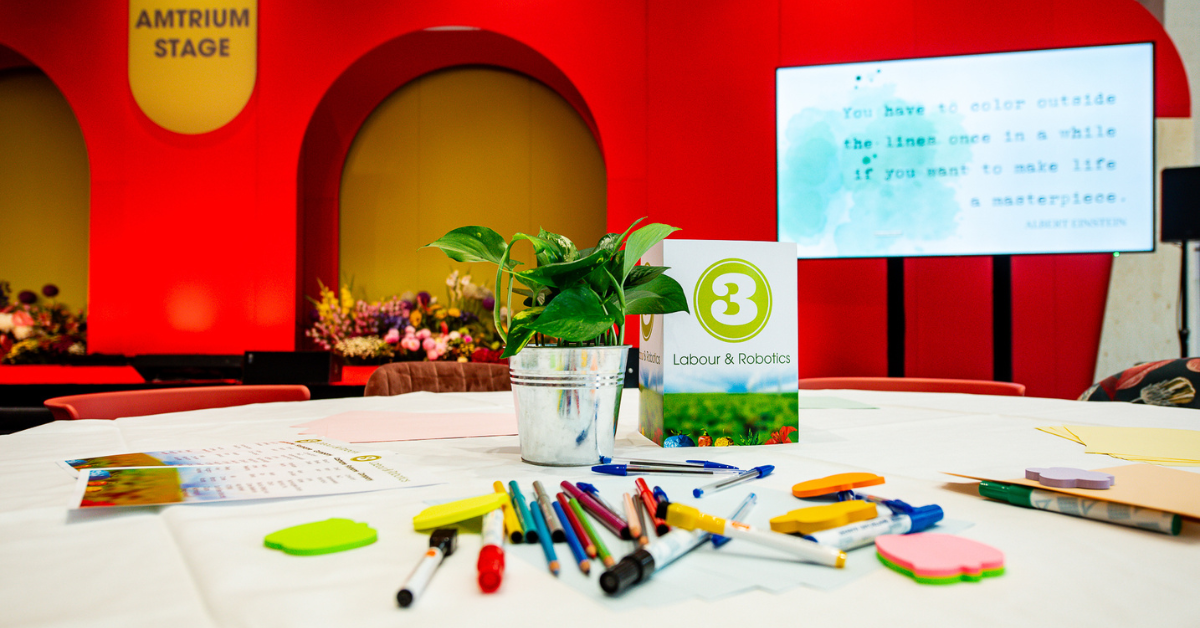Varieties tailored for every climate
In order to grow vegetables in any climate, fruit and vegetable breeding company Rijk Zwaan develops varieties that are specifically suited to regions where extreme weather is common. Robust varieties that can withstand a blow. “Extreme weather can have a major impact on seed quality and germination”, says Research Manager Seed Technology Agnieszka Doroszuk-Van der Wurff from Rijk Zwaan.
New robust varieties
While large parts of the world are becoming increasingly wetter due to heavy rainfall, other parts are experiencing increasing drought due to extreme heat. There is a great need for locally produced food in all these areas. In order to increase harvest security, more and more vegetables are grown in greenhouses. However, the climate can still have an impact, for example due to a shortage of irrigation water. Rijk Zwaan wants to help growers with new robust vegetable varieties that are resilient to extremes, for both covered and open-field cultivation. “In the Netherlands, many crops for open-field cultivation are sown in greenhouses, while abroad they are often sown directly in the field. Examples include brassicas, carrots and other umbelliferous crops,” says Agnieszka Doroszuk-Van der Wurff. “Climate change is affecting the available water quantity and quality, among other things. In Spain, for example, osmosis water is often used and mixed with normal water, because it is cheaper. In spring, the first growth phase of many crops, it is increasingly dry and hot there. As a seed supplier, we have to take that into account. In the Netherlands, the water problem may be less serious. Here, we pay more attention to energy use, space utilization and labor requirements. Every meter of a greenhouse must be used optimally; our seeds must therefore always germinate well.” According to Doroszuk-Van der Wurff, a germination percentage of 60 or 70 percent is unacceptable because it leads to a waste of energy and space. “In addition, there is the need to grow more and more sustainably. That limits the use of chemical additives.”According to Doroszuk-Van der Wurff, resistance to diseases and pests contributes to better plant resilience. But that's not all. "A seed is also a time capsule. If germination fails or does not work well, you as a plant raiser or grower will not have any yield. It must therefore be in perfect condition at the time of sowing. We can use conventional methods for this, such as priming, pelleting and coating. We do a lot of research into this at Rijk Zwaan, including fundamental research."
Priming is used to 'put seeds in the starting blocks'. "We give them water in a controlled manner, which starts the germination process. What happens then is special: all damage that a seed has suffered during storage is first repaired. Then it is important to stop the germination process at the right time and dry the seeds again. Priming is actually a kind of biohacking. Pelleting makes seeds easier to sow with machines. Coatings can contain nutrients or offer extra protection against pathogens."
Transport simulations
Rijk Zwaan will only apply new technologies when they are fully convinced of the usefulness and added value. “When we offer something, we do so because we believe in it. Companies regularly come to us seeking cooperation, commercially or in research. They say: we have a fantastic product you can treat the seed with it. Growers sometimes ask about it. But we first check whether it really works fantastically, so that we can support it. At Rijk Zwaan, it is always about proven technology. We also do transport simulations. We simulate what can go wrong with a batch of seeds during transport and how that affects the seed quality.”Crucial to ensuring seed quality and germination is the seed cultivation itself. “We grow seeds all over the world, both at our own seed production locations and at seed production companies. In the Netherlands, for example, we grow tomato and pepper seeds at seed production companies. In order to be able to grow the right seed quality, we select the right partners, but we also share knowledge, for example about lighting, fertilization and the right harvest time. All produced seeds are shipped to the Netherlands for quality checks and treatments, before they go to customers. Plant balance is very important in seed cultivation, both in the vegetative and generative phase. We do a lot of research into that, to understand it better and to be able to control it better. In peppers, we have made steps to be able to grow better seeds with LED lighting.”
Extreme climate
Yazan Abu Jaish is Chief Operating Officer at Armela Farms, the largest producer of leafy greens in the United Arab Emirates (UAE). The company is specialized in various types of lettuce, snack cucumbers, and kale. “Our operations span eight farms, utilizing a mix of open fields, low-tech, medium-tech, high-tech greenhouses, and hybrid glasshouses”, says Abu Jaish. “We are located predominantly in Abu Dhabi-Al Ain City, our facilities cover a substantial area of approximately 37 acres.” The primary challenge Armela Farms faces in vegetable production is the extreme climate, particularly during summer months from May to September. “Temperatures can then soar above 50°C. Additionally, water scarcity is a significant issue, with most of our water sourced from underground, which is limited in availability in certain regions. This high temperature and water limitation is a common challenge across the region; however, countries further north, like Jordan, Syria, and Lebanon, experience milder summers but harsher winters.”
Climate conditions therefore have significantly influence on the growth of the crops, says Abu Jaish. “During the winter season from October to April, average temperatures between 25°C and 30°C are ideal for open fields and low to medium-tech greenhouses. However, in the summer, high-tech greenhouses become essential due to the excessive heat. Interestingly, the increased solar radiation presents an advantage, as it promotes better growth during the winter and summer, with high-tech production often outperforming winter yields due to the longer photoperiod.”
Evaluate and test
To manage these climatic challenges, the company has implemented shading for low and medium-tech greenhouses to reduce temperature and radiation in the summer, alongside cooling irrigation water. Selecting appropriate seed varieties is also crucial for successful production, says the COO of Armela Farms. “Particularly those tolerant to salty water and high radiation levels. Having suitable seed varieties that can withstand extreme conditions is paramount. We actively engage with our seed supplier, Rijk Zwaan, to provide feedback, discuss improvements, and request new varieties with specific traits. Together, we evaluate and test new varieties to ensure they meet our climate conditions and market demands.”
Currently, the seed varieties at Armela Farms are well-suited to the unique climate conditions and align with market demands. “We have specific varieties for open fields, low-tech, and high-tech systems, tailored for both winter and summer conditions. This success stems from extensive R&D and support from our seed supplier.” Looking ahead, Armela Farms aims for increased production per square meter, greater crop weight, and improved resilience to climatic extremes. “These enhancements will ensure our company remains at the forefront of sustainable agriculture in the region.”
Have exclusive horticulture technology news delivered to your inbox
The GreenTech monthly newsletter brings you the latest exclusive horticulture technology news and updates about our global horticulture technology trade shows and events.
Join over 32,000 of your peers and receive:
☑ Exclusive commentary from industry leaders
☑ The latest news from the GreenTech team
☑ Stay up to date with all the latest news about our events





